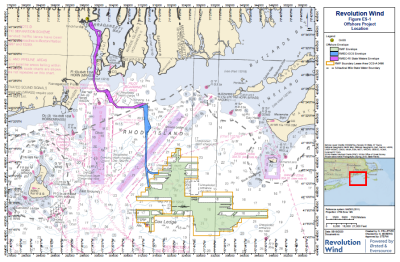Currently, the Environmental Protection Agency does not require Clean Water Act permits for incidental discharges (other than ballast water) from commercial vessels less than 79 feet. However, this moratorium is set to expire on Dec. 18.
According to EPA sources, it is unknown whether the moratorium will be extended past Dec. 18. If another moratorium is not passed, on Dec. 19, the Small Vessel General Permit (sVGP) will go into effect. Non-recreational vessels less than 79 feet will have to comply with the provisions of the sVGP beginning on that date.
Here are some of the highlights. Vessel owner/operators will have to read the permit, sign and carry a copy of the Permit Authorization and Record of Inspection (PARI) form on each vessel, comply with the best management practices for specific discharges, conduct inspections of certain items “frequently, daily, or quarterly,” as required by the permit. Operators will have to keep track of all instances of non-compliance and submit them in a noncompliance report to the EPA each year prior to Feb. 28.
All of these are required under penalty of severe fines and/or imprisonment. Also, all sVGP records must be kept for three years. The Coast Guard is charged with evaluating VGP compliance during vessel inspections.
With the final rule for Subchapter M expected in March 2015, prudent vessel operators will recognize the potential threat and ensure full sVGP compliance beginning on Dec. 19.




